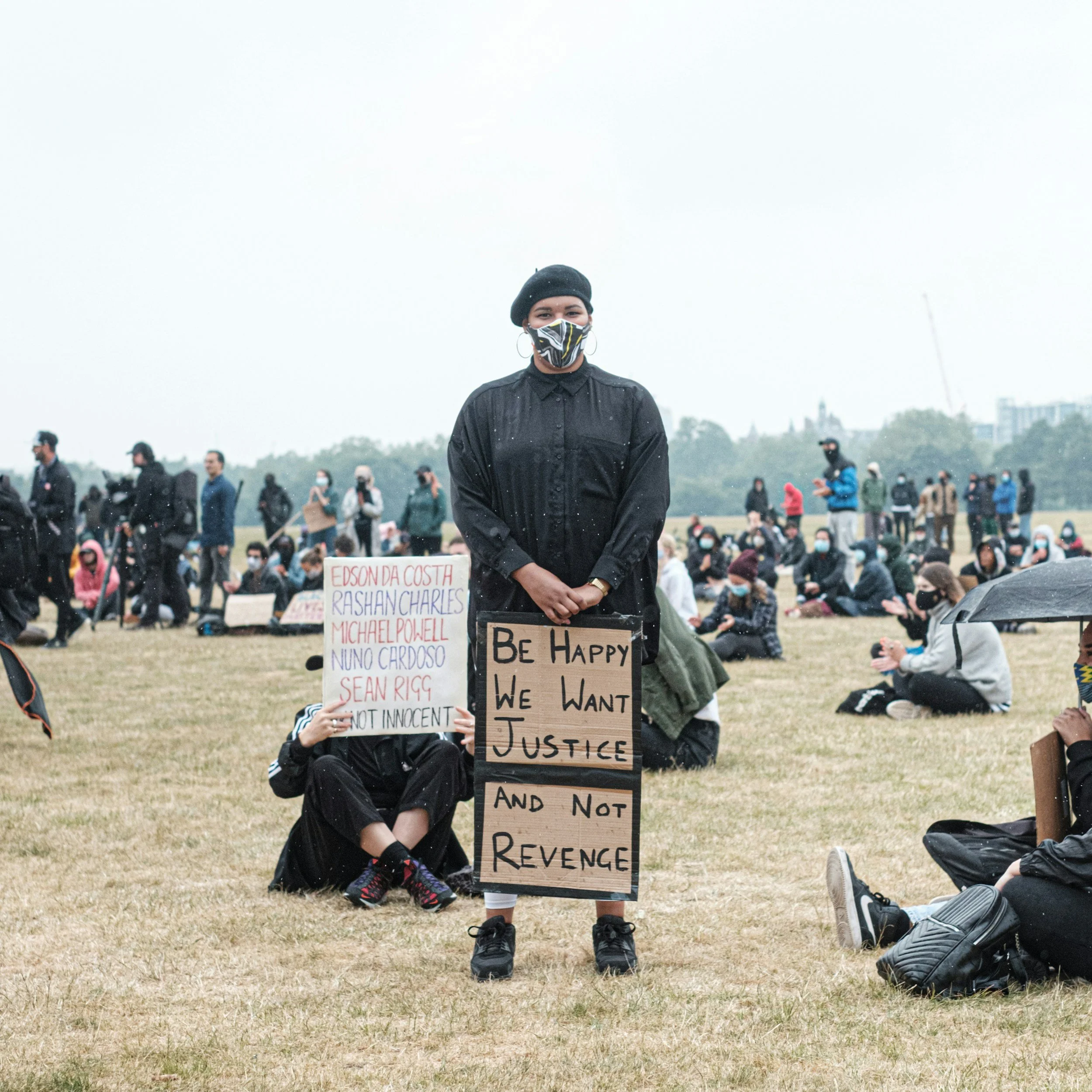Yo Mama Was Black: The Duty of Black Men to Protect Black Women

Unpacking the Disconnect Between Love for Black Mothers and Mistreatment of Black Women
How is it that Black men will fight to the death over their mothers but turn around and mistreat Black women? How did we grow so far apart? The answer is complex, woven into the very fabric of our history, torn apart by systemic oppression, violence, and generational trauma. But before we go forward, we must go back—to the plantation, where this forced division was birthed.
Genetic Slave Trauma: The Forced Separation of the Black Family
From the moment our ancestors were stolen and sold, white enslavers knew one thing: the quickest way to control and oppress a people is to destroy their foundation—their families. Black men and women were deliberately separated, torn from their children, their lovers, and their kin. Enslaved Black women were raped and brutalized, forced to bear the children of their oppressors, while Black men were rendered powerless, unable to protect them. And worse, they were often punished, beaten, or even killed for daring to try.
This trauma did not end when slavery was abolished; it mutated. The systems that profited from our suffering continued to erode the Black family through Jim Crow laws, mass incarceration, economic disenfranchisement, and modern-day systemic racism. Today, the echoes of that separation manifest in our fractured relationships, the lingering pain of being told to "be strong" and "toughen up," while vulnerability and tenderness were beaten out of us—physically and emotionally.
White Women: Active Participants in the Oppression of Black Women
Too often, white women are conveniently left out of the conversation about the mistreatment of Black women. But history tells us otherwise. White women were not passive bystanders in the horrors of slavery; they were active participants. They abused Black women out of jealousy, beat and maimed them for imagined slights, and watched—sometimes even encouraged—as their husbands and sons raped, impregnated, and discarded Black women like property.
Even after slavery, white women weaponized their femininity, their tears, and their lies to destroy Black lives. Think of Emmett Till—brutalized and murdered because a white woman lied. Think of the countless Black women denied opportunities, fired from jobs, or villainized because white women saw them as threats. This history is not distant. It lives in our present.
Protection Is More Than Physical—It’s Emotional, Mental, and Communal
Protecting Black women does not begin and end with fighting in the streets or standing up to white supremacy (though both are necessary). Protection means dismantling the harmful mindsets we inherited. It means unlearning the misogyny that tells Black men that Black women are "too independent" or "too strong" to need care. It means recognizing that a Black woman's strength should never be an excuse to deny her softness, her safety, or her sanctuary.
Protection means emotional availability. It means standing in solidarity when Black women speak about their pain, instead of gaslighting them with "not all men" rhetoric. It means acknowledging that Black women experience intimate partner violence at higher rates than any other group, yet are the least likely to be protected or believed.
Protection is economic. It means supporting Black women-led businesses, ensuring they have access to financial security, and not expecting them to build empires alone while men sit back and benefit.
Protection is communal. It means calling out your homeboys when they disrespect Black women. It means holding each other accountable for how we treat our sisters, daughters, lovers, and friends. Because if Black men do not protect Black women, who will?
Breaking the Cycle: A Call to Black Men
This is not about blame; it is about responsibility. Black men and Black women are not enemies—we are reflections of one another, bound by history and legacy. The divide between us was manufactured by those who feared our unity, but we can reject that legacy. We can rebuild. We can heal.
To every Black man reading this:
Protect Black women when it is convenient and when it is not.
Challenge yourself to unlearn toxic masculinity that devalues Black women.
Uplift Black women in ways that do not center your ego but center their humanity.
Teach your sons to love, honor, and protect Black women—not just their mothers, but all Black women.
Because at the end of the day, your mama was Black. And if you truly love her, you must love and protect Black women in every form they take. Anything less is hypocrisy.





